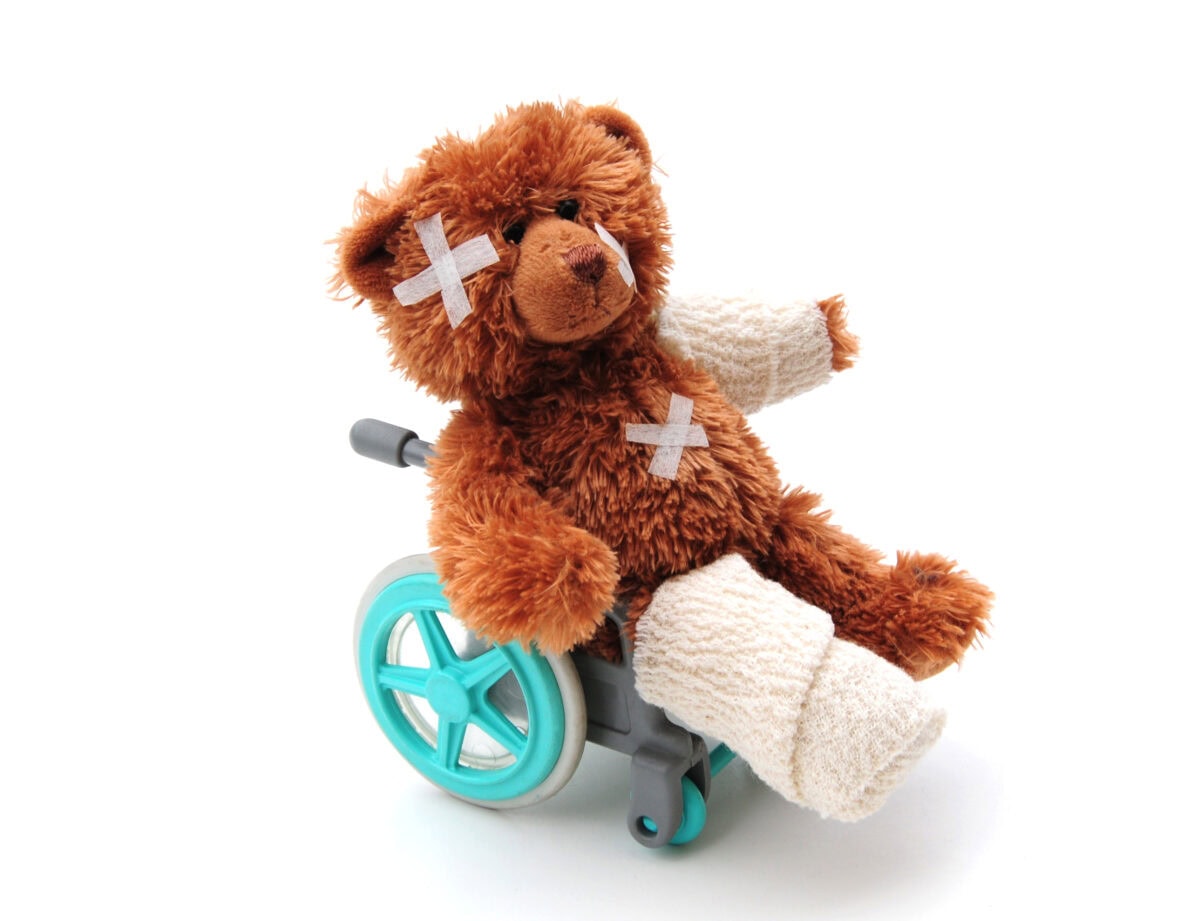Last week, the European Parliament voted to increase the funding that is directed to children and young people through the European Social Fund Plus – the European fund devoted to youth employability and equal opportunities for children at risk of poverty or social exclusion. It’s great to see the EU investing in its children and young people, especially the most vulnerable – investing some of this funding into play can have an instrumental impact on the children that it’s aimed at helping.
Playing has countless positive benefits for children’s social, physical, emotional development and wellbeing. It’s especially important that children are given the time, space and permission to play during their early formative years, when their brains are rapidly developing and they navigate through experiences that will have an impact on the rest of their lives.
However, for the 25 million European children at risk of poverty or social exclusion, the opportunity for play is often restricted. They can face circumstantial barriers to play, such as a lack of safe play spaces, or extra caring burdens – such as looking after younger siblings or their parents – which can dramatically reduce the amount of time they have to play. Creating more time and opportunities to play can support these children – through building important life skills, providing a respite from the realities of the outside world and creating lasting relationships that disadvantaged children so often miss out on.
Ensuring that all children have the chance to grow up on a level playing field is crucial in making the future brighter for disadvantaged children. That’s why it is important that policy makers help to ensure that Europe’s most vulnerable children have equal access to play. That they are given adequate time and a safe space in which they can harness imagination and creativity, develop new skills and relationships, or just take a break from the challenges of the outside world and stresses of growing up in poverty.
Regular play benefits children’s health and well-being and builds the foundations for adult life. More than this, its every child’s right. For more information on the importance of play and to hear about its benefits from play experts, visit www.theimportanceofplay.eu


